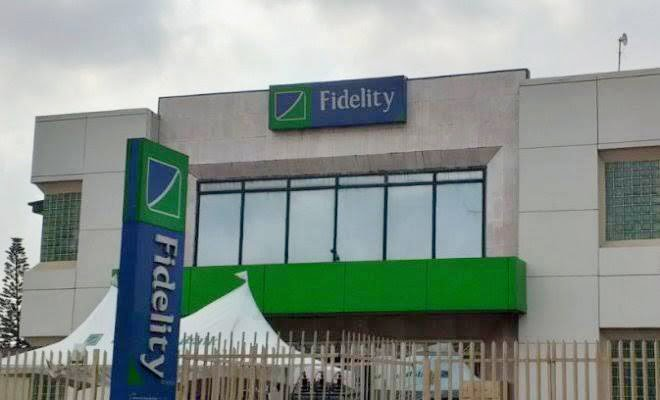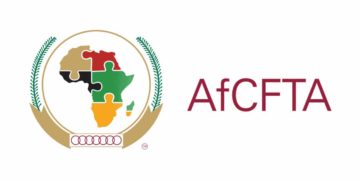Fidelity Bank Plc, has said it plans to expand in at least five African countries after finalising the acquisition of the London unit of rival Union Bank of Nigeria Plc.
The 35-year-old institution is negotiating a second purchase, chief executive offficer Nneka Onyeali-Ikpe said, without identifying the target. The lender expects to complete the transaction this year, she said.
“The strategy is for us to move footprint outside Nigeria and be able to compete favorably with our peers,” Onyeali-Ikpe told Bloomberg in a phone interview from Lagos, the country’s commercial hub. “In the next three years, we should be able to be in six countries by doing at least two every year.”
Fidelity is racing to expand and avoid losing out on fees from facilitating trade and corresponding banking roles to larger rivals.
Trade within the continent, which stands at more than $350 billion a year, is expected to grow by 52 per cent in the next decade according to the African Trade Policy Centre at the United Nations Economic Commission for Africa.
The Nigerian lender is interested in countries within west, east and southern Africa, Onyeali-Ikpe said. The company’s shares have risen 32% this year making it the nation’s best-performing bank. They rose 0.7% on Friday.
Fidelity Bank in 2022 paid about $15 million in fees to international correspondence banks that handled trade transactions for its customers, Samuel Obioha, head of investor relations said separately.
Nigeria’s large lenders have been expanding overseas even after taking a hit from Ghana’s debt swap deal. Access Bank Plc set a target this year to expand to 26 countries by 2026 from 16, citing the need to better manage risks and diversify earnings.
The lender plans to use the 13.8 billion naira it raised in a private placement earlier this year for the acquisitions, Onyeali-Ikpe said. The bank, which expects capital adequacy ratio at 19.1% this year, will also use retained earnings to expand, she said.
Slow economic recovery in Africa’s biggest economy after two recessions in 2016 and 2020, currency devaluations and acute dollar shortages are forcing lenders to look outside to curb their risks and widen opportunities.
Onyeali-Ikpe, who took over the role two years ago, set a target for Fidelity to become one of the country’s top five banks by 2025, in earnings and assets. It’s the country’s sixth-largest lender, with 4 trillion naira in assets.
Fidelity’s private banking customers “want to do business and acquire properties in the UK and its environs and need our support,” Onyeali-Ikpe said. “We’re expecting a lot of growth from the business opportunities, for ourselves and our customers.”





